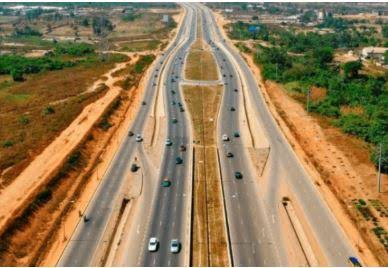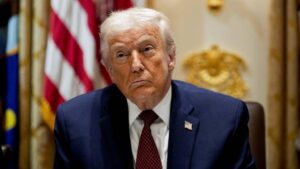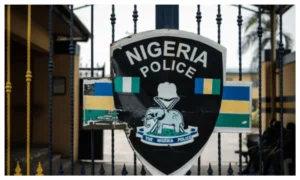The Federal Government of Nigeria has secured a $747 million loan to help fund the first part of the Lagos-Calabar highway project.
The Ministry of Finance shared the news on July 9, saying the loan was arranged through Deutsche Bank.
This section of the highway runs from Victoria Island to Eleko Village, forming part of the first phase of the large-scale road project.
According to Mr. Mohammed Manga, who speaks for the Ministry, this is the biggest road loan ever of its kind in Nigeria. It also shows that foreign investors believe in Nigeria’s development plans and ongoing reforms.
The Ministry explained that Deutsche Bank led the loan group and worked with both local and international banks. It acted as the main coordinator and organizer of the loan.
To help manage risks, the Islamic Corporation for the Insurance of Investment and Export Credit (ICIEC) provided insurance for some political and business risks.
The group of lenders includes development finance groups and international banks like First Abu Dhabi Bank, Afrexim Bank, Abu Dhabi Exports Office, ECOWAS Bank for Investment and Development, Nexent Bank, and Zenith Bank through its branches in the UK, France, and Nigeria.
The highway construction is being handled by Hitech Construction Company. This deal is called an EPC+F contract, which means Engineering, Procurement, Construction, and Financing. This way, the government and private companies work closely together, combining technical work with financial support.
This partnership will help speed up the project and attract even more private investments into key infrastructure areas.
The Ministry also said that over 70% of the road section is already completed. It is being built using a special strong method called Continuously Reinforced Concrete Pavement (CRCP), which makes it more durable and long-lasting.
Finance Minister Wale Edun said this deal shows that Nigeria’s economic reforms are working and that foreign money is starting to flow into the country again.
He added that the government wants to fund important projects in ways that are clear, long-term, and helpful for growth—and this deal is a good example of that plan.
Edun also noted that this financing proves the President’s goal to get the private sector more involved in building Nigeria’s infrastructure.
The loan also sends a message to investors that Nigeria is serious about keeping contracts and using smart ways to fund major infrastructure that will lead to lasting development and wider benefits for all.







